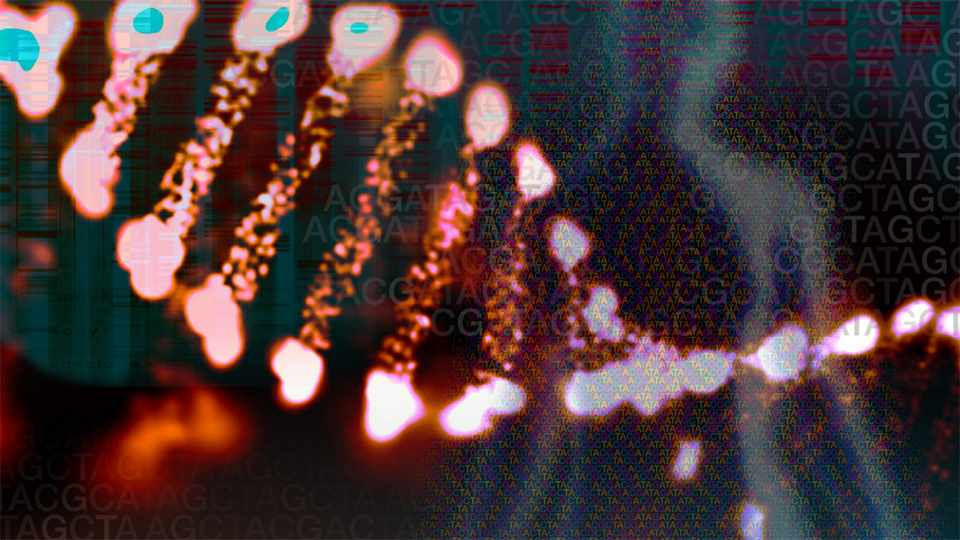About Mayo Clinic
Mayo Clinic is a nonprofit organization committed to clinical practice, education and research, providing expert, whole-person care to everyone who needs healing. For more information, visit http://www.mayoclinic.org/about-mayo-clinic or https://newsnetwork.mayoclinic.org/.
-
Featured News
Gene Therapy for Metabolic Liver Diseases Shows Promise in Pigs
 ROCHESTER, Minn. ─ With a shortage of donor organs, Mayo Clinic is exploring therapeutic strategies for patients with debilitating liver diseases. Researchers are testing a new approach to correct metabolic disorders without a whole organ transplant. Their findings appear in Science Translational Medicine.
ROCHESTER, Minn. ─ With a shortage of donor organs, Mayo Clinic is exploring therapeutic strategies for patients with debilitating liver diseases. Researchers are testing a new approach to correct metabolic disorders without a whole organ transplant. Their findings appear in Science Translational Medicine.
The medical research study tested gene therapy in pigs suffering from hereditary tyrosinemia type 1 (HT1), a metabolic disorder caused by an enzyme deficiency. The common treatment for this disease is a drug regimen, but it is ineffective in many patients, and the long-term safety of using the drug is unknown.
“Liver transplant is the only curable option in treating HT1, which is characterized by progressive liver disease,” says Raymond Hickey, Ph.D., a Mayo surgical researcher. “Using this novel approach to treat HT1 and other metabolic diseases will allow patients to avoid a liver transplant and save more lives.”
MEDIA CONTACT: Bob Nellis, Mayo Clinic Public Affairs, 507-284-5005, newsbureau@mayo.edu
Through gene therapy, the corrected liver cells are transplanted into the diseased liver, resulting in enzyme production. “This treatment is a new form of cell transplantation that utilizes the patient’s own cells, so it does not require immunosuppressive drugs and, thus, avoids the side effects of those drugs,” says Scott Nyberg, M.D., Ph.D., a liver transplant surgeon at Mayo Clinic. This therapy resulted in the improvement of pigs with HT1 and the prevention of liver failure. The use of nuclear imaging enables the researchers to monitor expansion of the corrected cells through a noninvasive imaging process.
“Pediatric patients suffering from inborn errors of metabolism of the liver will benefit most from this therapy,” says Dr. Hickey. “More than one-fifth of all pediatric liver transplants are a result of metabolic disease.”
The study also examines the use of lentiviral vectors for cell delivery in treating liver diseases, a tool traditionally used in treating blood disorders.
This study was funded by the National Institutes of Health, an American Liver Foundation Postdoctoral Fellowship Award, a Mayo Clinic Center for Regenerative Medicine Career Development Award, the Wallace H. Coulter Foundation, the Marriott Foundation, the Darwin Deason Family Foundation, and Mayo Clinic.
Co-authors of the paper are:
- Shennen A. Mao, M.D., Mayo Clinic
- Jaime Glorioso, M.D., Mayo Clinic
- Faysal Elgilani, M.B.B.S., Mayo Clinic
- Bruce Amiot, Mayo Clinic
- Harvey Chen, M.D., Mayo Clinic
- Piero Rinaldo, M.D., Ph.D., Mayo Clinic
- Ronald Marler, D.V.M., Ph.D., Mayo Clinic
- Huailei Jiang, Ph.D., Mayo Clinic
- Timothy R. DeGrado, Ph.D., Mayo Clinic
- Michael K. O’Connor, Ph.D., Mayo Clinic
- Brittany L. Freeman, Mayo Clinic
- Samar H. Ibrahim, M.B., Ch.B., Mayo Clinic
- Kah Whye Peng, Ph.D., Mayo Clinic
- Yasuhiro Ikeda, D.V.M., Ph.D., Mayo Clinic
- Joseph B. Lillegard, M.D., Ph.D., Mayo Clinic
- Stephen J. Russell, M.D., Ph.D., Mayo Clinic
- Scott L. Nyberg, M.D., Ph.D., Mayo Clinic
- Lukkana Suksanpaisan, Imanis Life Sciences
- Cary O. Harding, M.D., Oregon Health & Science University
- Markus Grompe, M.D., Oregon Health & Science University
- Chak S. Ho, M.D., Gift of Life Michigan
Dr. Nyberg grants NIH RO1 DK106667.
###







